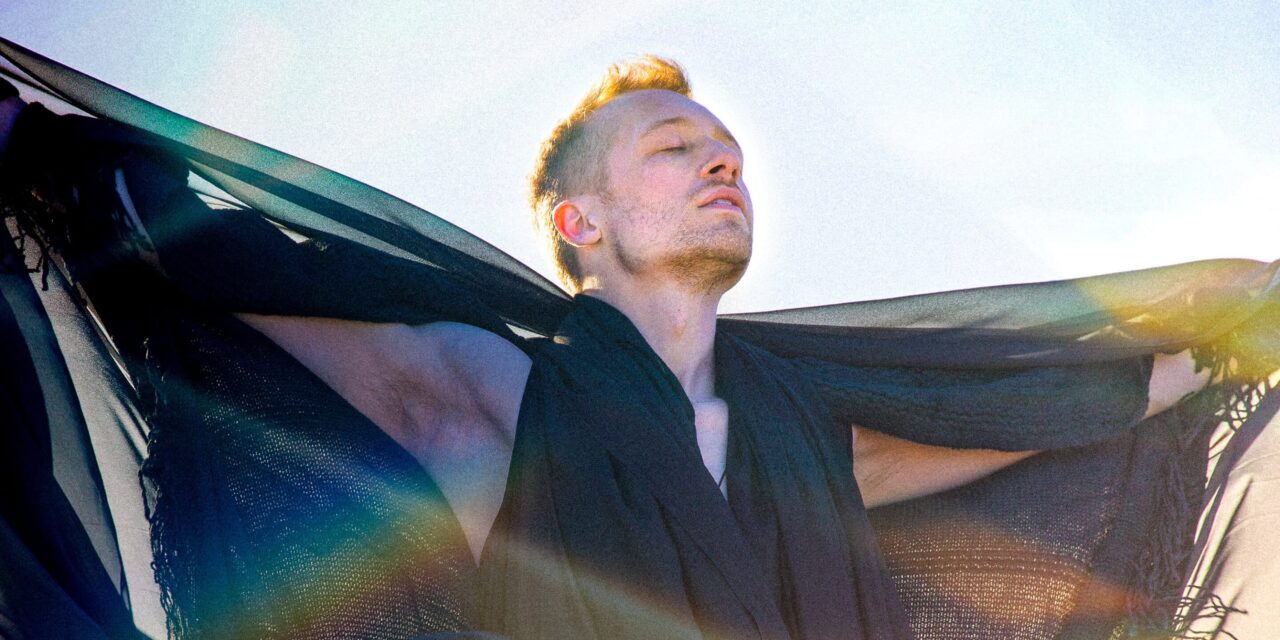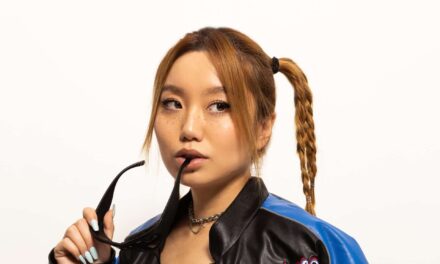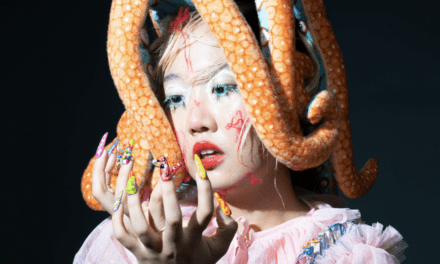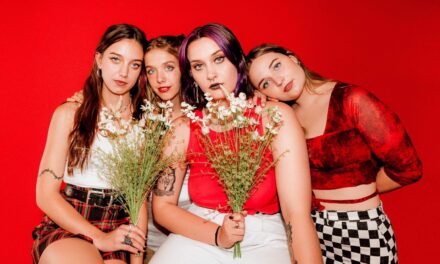Coming out as gay and being rejected, disowned, and ostracized is the reality of countless LGBTQ+ people, including myself. It hurts. It is the single most challenging experience I have ever been through. Religious Trauma Syndrome (RTS) is real.
“Religious Trauma Syndrome and the Other Side is about my experience of being rejected for being gay by religious community and my journey through to the other side.”
Social Media
Can you share a bit about your rejection story and how it impacted your life and artistic journey?
The phrase “rejection story” is accurate, but it’s not the full picture. The catalyst for my rejection was actually my own self-acceptance, so in a way, it’s both a rejection and an acceptance story.
This experience profoundly impacted my life, it is a defining mile marker on my journey. Within the first few months, I lost housing, my job playing keys at a church, and many friends and even some family members. Losing these tangible things was hard, but the intangible losses—like the respect, understanding, and care from my community—cut even deeper. There’s nothing more painful than not being seen by the people you love. I also lost my sense of self; my belonging, purpose, and meaning. I didn’t know it at the time, but from a psychological standpoint, rejection at this level is primal. It’s not something you can simply brush off. Healing from this takes years, maybe even a lifetime. It might sound dramatic, but it’s the truth. I feel fortunate to have found some healing and peace, not everyone does.
This experience also reshaped my artistic journey. From the ages of 13 to 21, all I wanted was to be a film composer and write instrumental music. But at 21, when I started to accept myself and take control of my life, my music began to change. I started writing lyrics—songs that reflected my experiences. Initially, the lyrics were cryptic, but over time they became more transparent and honest.
Music has always been my safe haven, a place where I could express my feelings. Instrumental music was something I could hide behind, but adding lyrics and vocals made it feel so much more vulnerable. I never imagined I’d write an album called Religious Trauma Syndrome and the Other Side, that definitely wasn’t my original plan. But I’m grateful to have music as an outlet, a way to make meaning out of my experiences. Art has been a source of healing for me, and I feel fortunate to be able to share it with others.
What’s the most important song on this record and why?
I’m torn between three, so I’m going to pick all three!
The first two tracks that come to mind are Heaven and Better Off. These songs changed everything for me. When I first started writing them, I was terrified to finish them. Lyrics like, “Tears were streaming down my face when you told me I’m going to hell,” and “Have fun up there in heaven, I guess I won’t be let in,” were my first attempts at truly speaking the truth of my experience. The weight of these lyrics was so heavy that I couldn’t finish them on my own, so I reached out for help. Through a friend, I connected with a gifted musician and songwriter, Brooke Tomlinson. Our writing sessions felt more like therapy—delving into my story, the melodies, and the emotions behind the songs. Every lyric was chosen with intention, each contributing to the narrative. Brooke helped me finish these songs and tell my story, and for that, I’m eternally grateful.
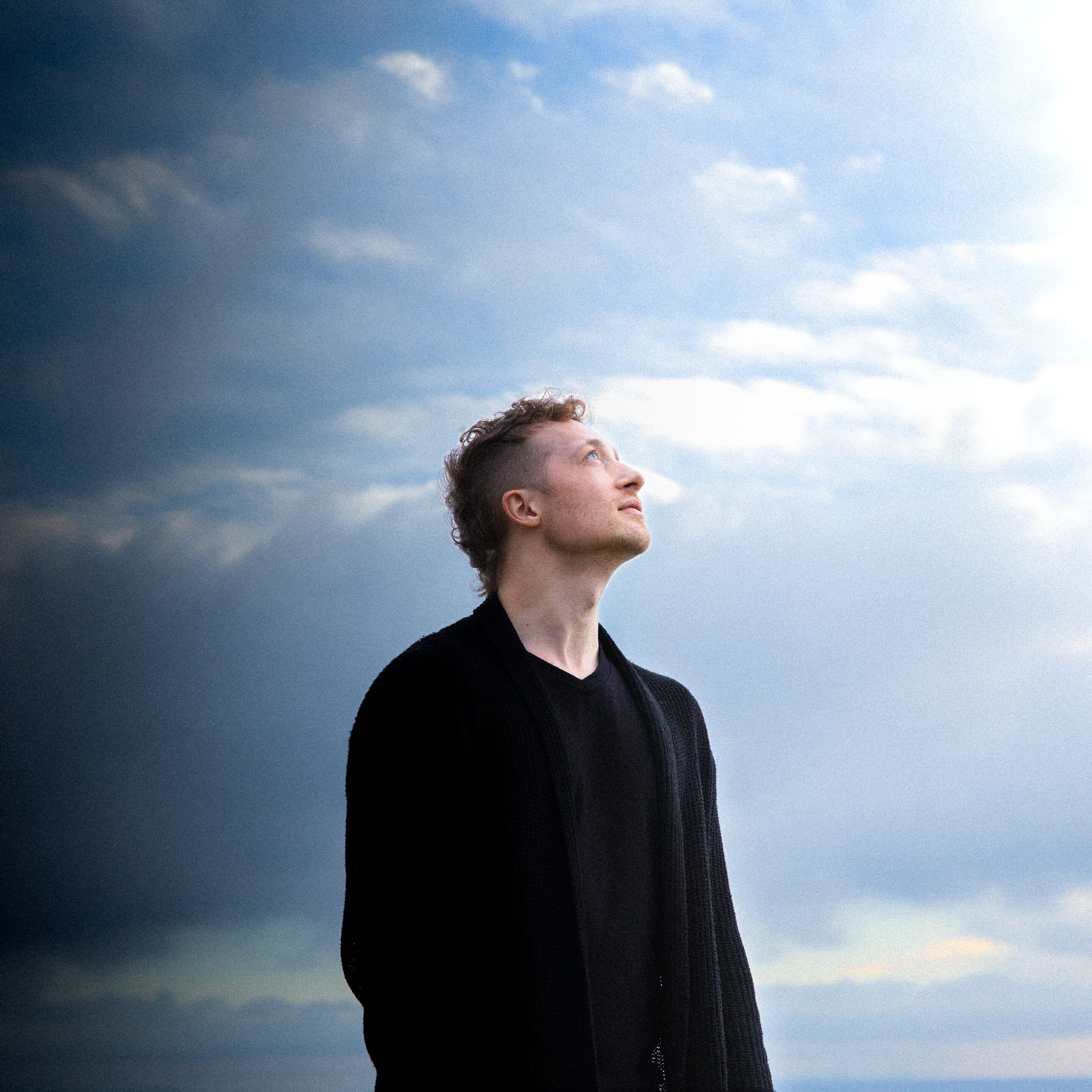
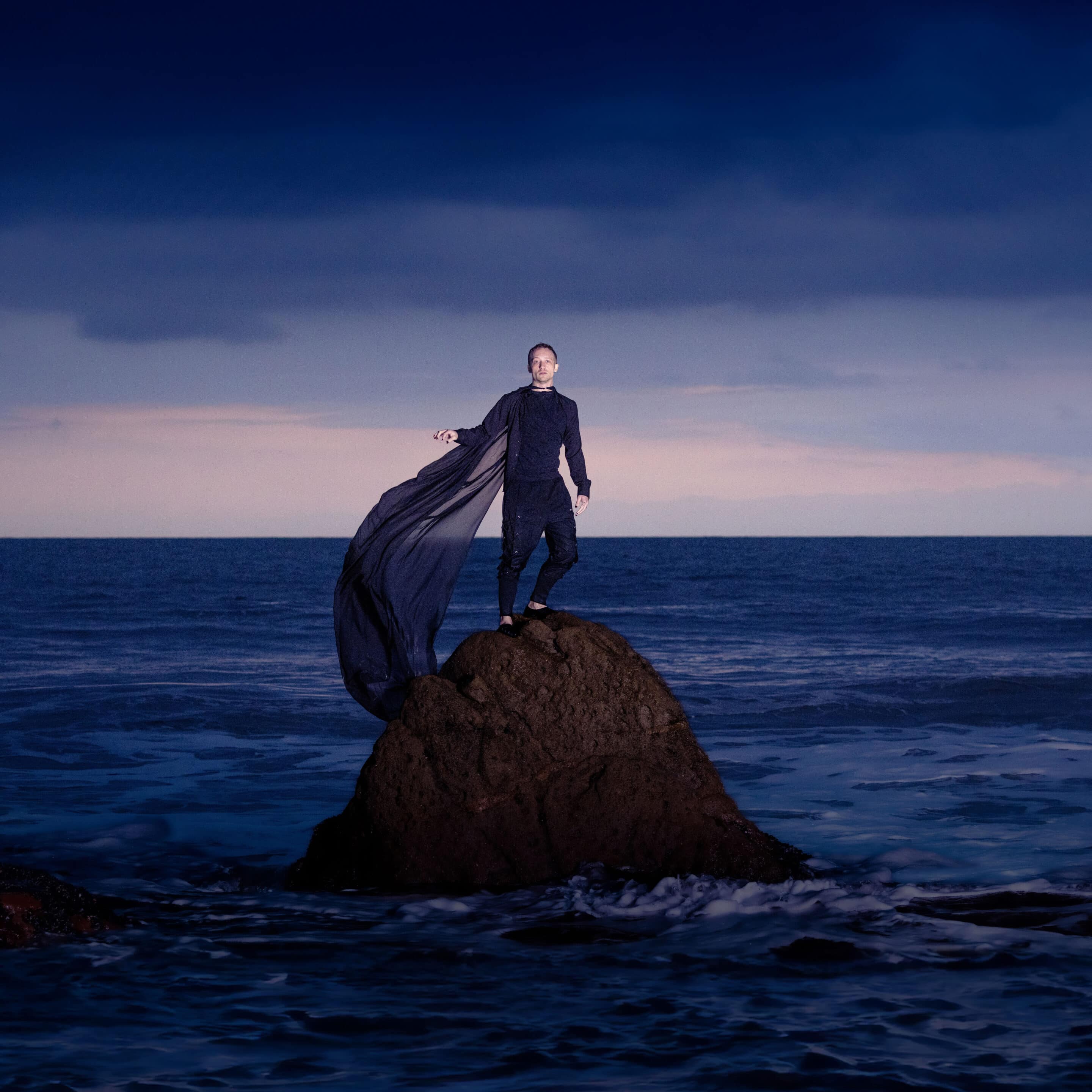
The other track that stands out is Give It to Me. This song started as a joke, just an idea I sketched out for fun. But it quickly evolved into something entirely new—a psychedelic, genre-bending, euphoric piece that’s intentionally rule-breaking and unlike anything I’ve created before. It’s a departure from the rest of the album, symbolizing my newfound freedom and hinting at what my music could explore next. This track was a challenge to myself: to create something eclectic that I love, regardless of what others might think. I’m incredibly proud of this track and what it represents to me.
How did you feel once you finished the album?
I wish I could say I felt super accomplished and content, but honestly, the ending felt a bit anticlimactic. I’d put so much time and energy into creating this album that, by the end, I was just exhausted. It felt like stumbling my way across the finish line.
As an independent artist, I did almost everything myself—writing, recording, singing, producing, mixing, and mastering. Outside of co-writing with Brooke, the cello parts on “Heaven,” and the album covers, I did it all alone. (I have wonderful friends and a very supportive partner, so I didn’t walk this journey entirely alone, but a lot of it was done on my own.)
Even though I have mixed feelings about finishing the record, I’ve tried to stay focused on my definition of success. When I started this album, I decided for myself that success means creating art that excites me and that I’m proud of. Anything else is secondary.
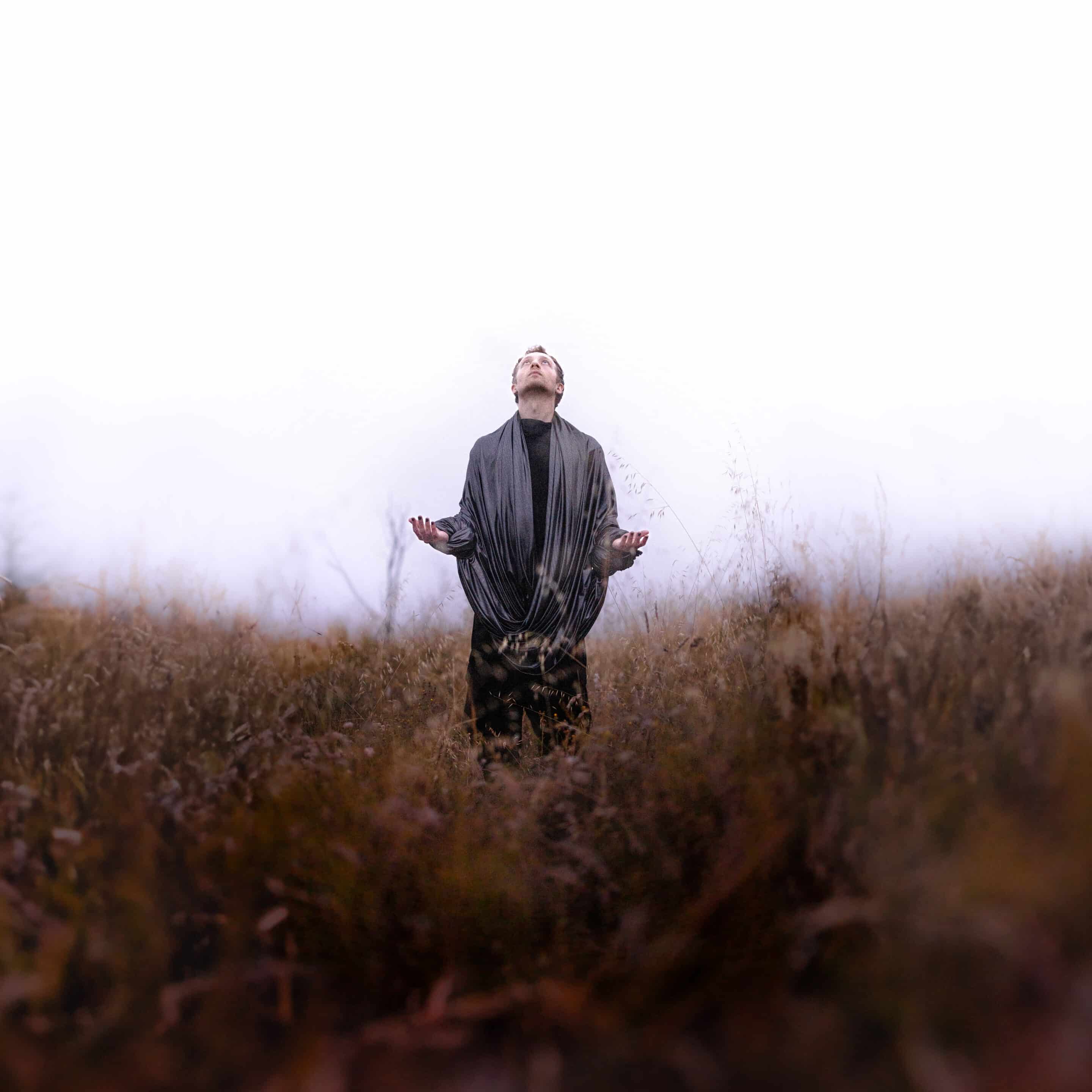
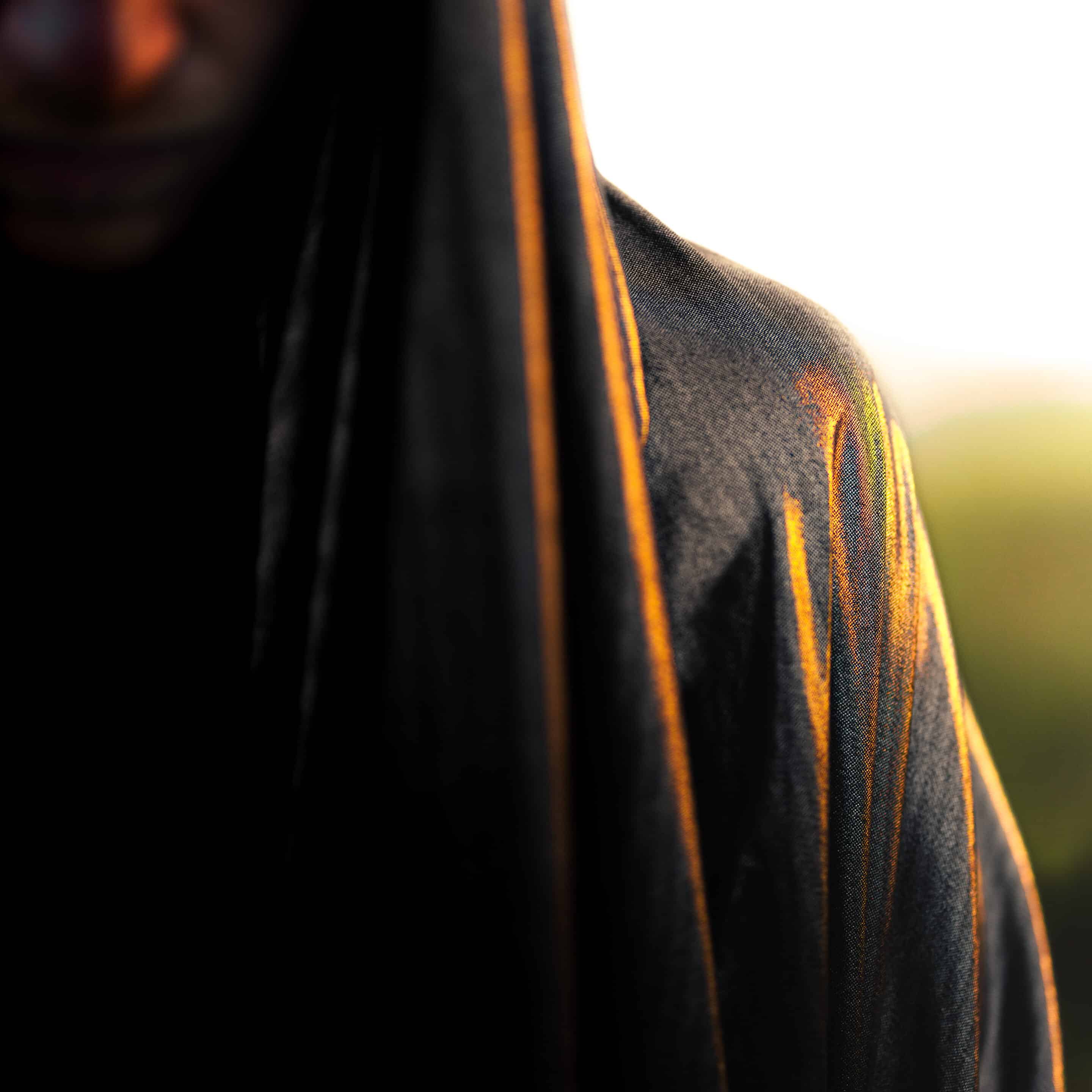
After living in LA for over four years, I feel conflicted about the music industry. It’s about money, advertising, who you know, and making records that will sell. For this album, I had to let go of that mindset. I decided to create something for me, regardless of whether anyone else listens, how many streams it gets, or whether anyone else cares. This album was for me, and that’s enough.
How are your listeners and followers reacting to this record and your story?
Honestly, I don’t have a huge fanbase so I won’t pretend otherwise. But the people who have listened and reached out—friends, friends of friends, industry peers, mentors—have been wonderfully positive, gracious, and affirming.
The title itself, Religious Trauma Syndrome and the Other Side, is divisive, but that’s kind of the point. Instead of creating something generic for mass appeal, I wanted to create something specific, something that isn’t meant for everyone.
I have several queer friends who have been through similar experiences—rejection, loss, the whole journey—and it’s been beautiful to share this project with them and find common ground through music. I’ll never forget one particular moment: I had a friend over who had gone through the same experience as me, and I played them track 5, “Better Off,” on the piano. When I finished the song and turned around, I saw tears streaming down their face. In that moment, I realized who my audience is, who this album is for. This isn’t going to be a mainstream album, and it was never intended to be.
Who helped you get through this trauma or at least navigate it?
Many different people have helped—close friends, partners, chosen family, mentors, and therapists—as well as authors, musicians, and comedians. Healing is a strange journey; you can’t do it alone, but no one else can do it for you.
Therapy has been significantly helpful for me. I started going at 21, and over the past ten years, I’ve worked intensely with four different therapists. With each therapist, I’ve grown in new ways, especially with my current one. Finding qualified therapists can be challenging, so I feel super lucky with my experiences. I also worked with a therapist specializing in psychedelic medicine focused on healing PTSD, anxiety, and depression. Those sessions were unbelievably helpful and changed my life significantly.
I cannot emphasize chosen family enough. When I used to hear the phrase “chosen family,” I’d roll my eyes at it. Now, I can’t imagine my life without my chosen family—people who genuinely love me for me, who aren’t going anywhere, and who are with me through thick and thin, heaven and hell.

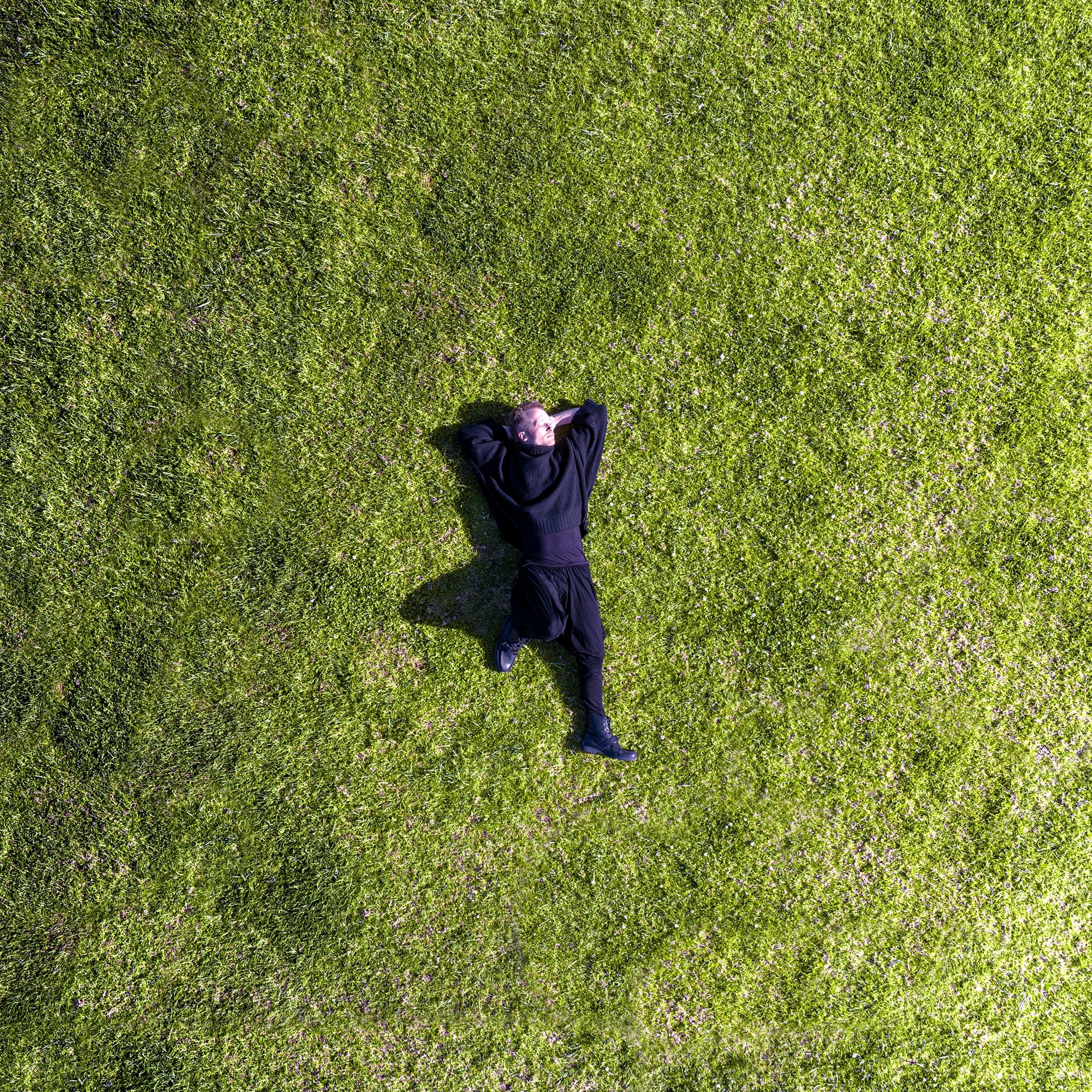
I’ve also found a lot of comfort in books exploring spirituality and mindfulness, and what it means to be human. The Untethered Soul and The Power of Now are my favorites. The Body Keeps the Score, Leaving the Fold, This I Know, and Walking the Bridgeless Canyon were also significant in my religious trauma healing.
If you’re on a healing journey, I recommend looking toward people who have what you want. What did they do to get there? What can you learn from them? How do they navigate life differently from you? No one’s journey is identical, but you can reverse engineer a way to where you want to be. It won’t be linear, but that’s part of the journey. Also, personal practices – such as journaling, meditating, embodiment, breathwork, and gratitude – go a long way.
How do you view your religious community after this?
I feel torn. The community I came from had wonderful people, some of whom I miss dearly. But it also included some very toxic individuals that I never want to see again.
I currently see it like this: there are healthy and unhealthy people everywhere you go, it’s a fact of life. People within religion aren’t all good or all bad, it’s not black and white. When I came out and faced intense rejection, I was deeply hurt and spent many years in pain. During that time, I viewed the community as all bad because that was all I could see. As I began to heal, I realized that this blanket judgment was no longer helping me.
Instead of viewing people through a binary lens of good or bad, I’ve broadened my perspective by asking better questions: Are they emotionally healthy or unhealthy? Constructive or destructive? Curious or close-minded? Empathetic or self-absorbed? Living in fear or living in love? Present or distant? Being human is a nuanced experience that requires a wider lens than just “good” and “bad”. This approach has helped me navigate relationships and identify the people I want to journey with.
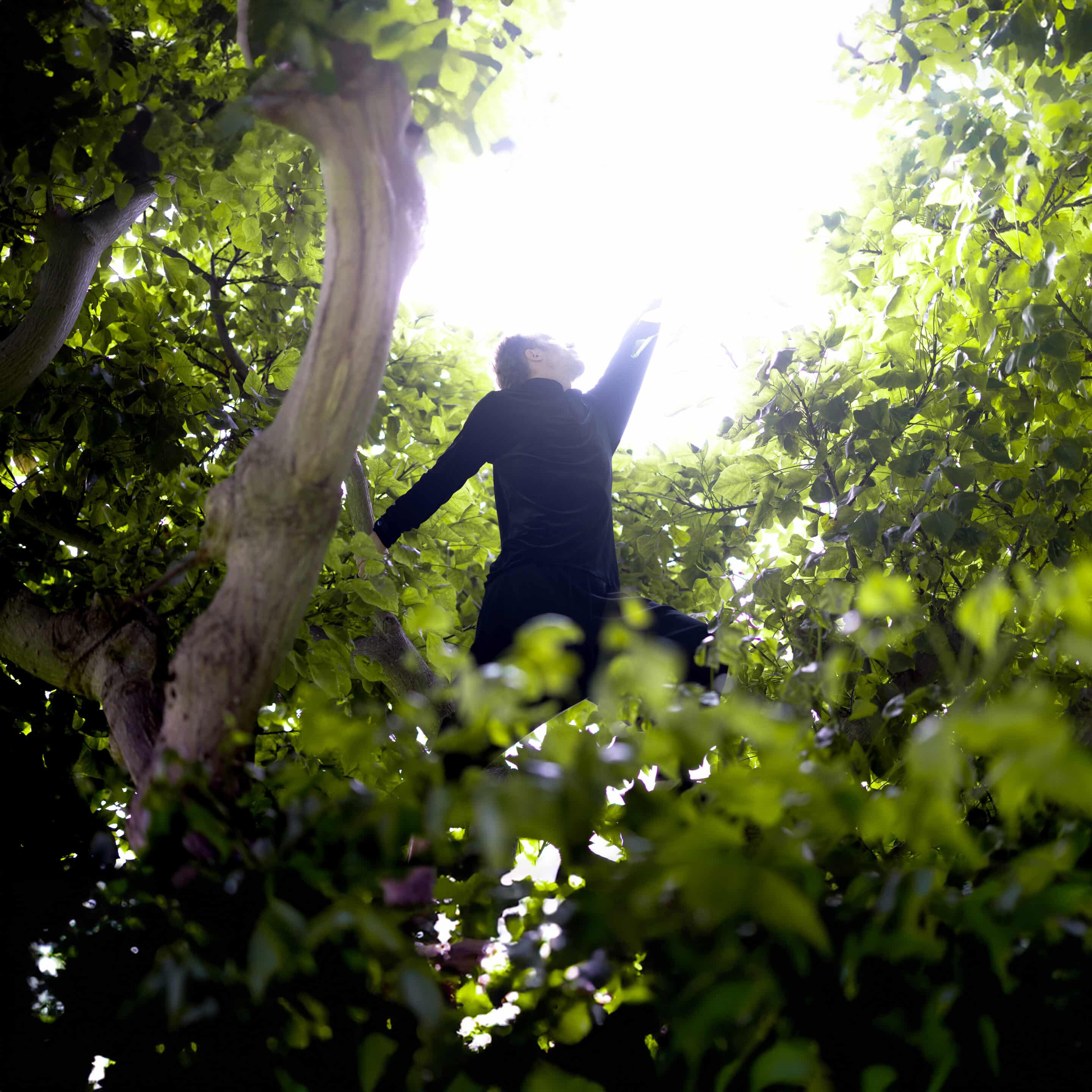
Are you still religious now or spiritual or how do you see yourself?
I’ve gone through many phases in my journey, from being a devout evangelical fundamentalist to being a staunch atheist, and everything in between.
Currently, I’m not religious, but I’d consider myself spiritual. The term “spirituality” feels quite nebulous to me, as it means different things to different people. Recently, I read in Homo Deus by Yuval Noah Harari that “Religion is a deal, whereas spirituality is a journey. [Spiritual] seekers…are determined to follow the big questions wherever [they lead], and not just to places they know well or wish to visit. [Every] journey on which we doubt the conventions and deals of the mundane world and venture first towards an unknown destination is called a ‘spiritual’ journey.” I very much resonate with that.
For me, religion felt like a destination, one that claimed to have all the answers. Spirituality, on the other hand, feels like an ongoing journey that embraces the hard questions. I’m no longer concerned with arriving at a specific endpoint or simply “being right”. Instead, I want to explore and experience this universe in a full, wondrous, and authentic way.
Who are some of your queer icons of all time?
I didn’t grow up with any LGBTQ+ representation or pop culture, so I’m still catching up!
Recently, I’ve fallen in love with RuPaul, his newest book is wonderfully insightful. I watched Dragrace for my first time last year and have been enjoying it, I appreciate Ru’s energy and encouragement towards the queens. I also love stand-up comedy, Eddie Izzard and Tig Notaro are so amazing. And my newest addition is, of course, Chappel Roan.

